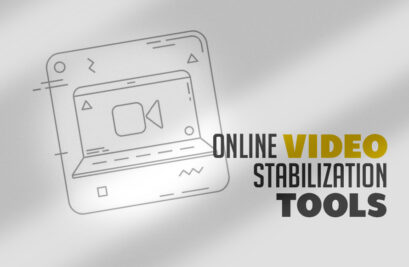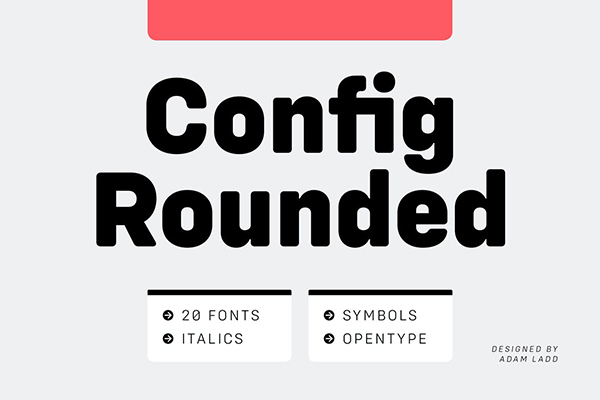Everyone who does any work online, especially those in the logo design industry, should learn a thing or two on how to protect their online accounts. By doing so, you will safeguard your sensitive information and protect your accounts from hackers.
Today, we will be looking at 5 smart tools that will help you bolster your online account security: ![]()
1. Strong Passwords
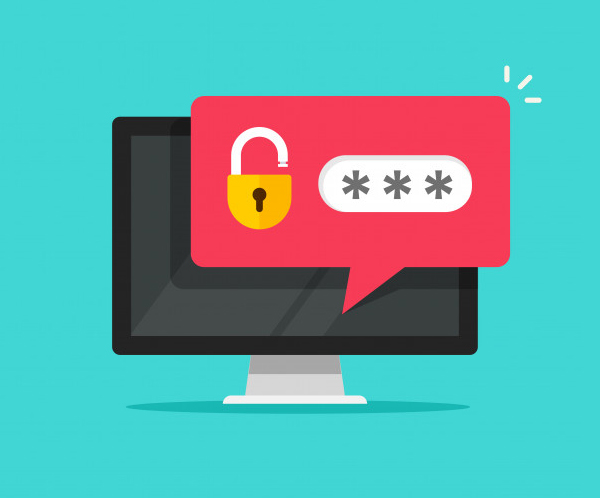
This should be a no-brainer. However, too many people still opt for convenience at the expense of security, so they either simplify or re-use their passwords all across the board. Of course, this creates a whole set of problems; for one, it makes you susceptible to brute force attacks. The shorter your password is, the less time a hacker is going to need to break it.
In the same vein, re-using your passwords is a problem if one of the websites gets hacked and all the login credentials it stores are made public. In this case, all a hacker would need to do is to copy and paste a leaked password into one of the other websites you’re using, and voila – another compromised account down for the count.
To prevent this from happening to you, be sure to use a password generator in conjunction with a password manager. The former will generate a strong password for you, while the latter will store it so you won’t have to strain your memory.
2. Biometrics or 2FA
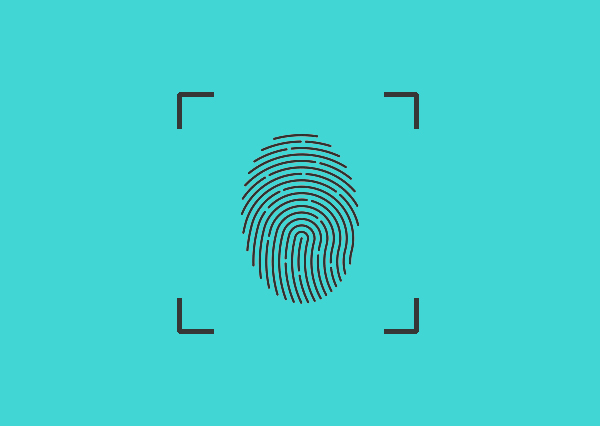
In addition to the measures outlined above, you can also take additional steps to secure your online accounts. One of them is using either biometric authentication or 2FA. Both of these introduce an extra layer of protection so a malicious actor will need more than your password to break in.
Biometric authentication can be handled in multiple ways. One of the most popular ways to accomplish this is having a fingerprint scanner available (an app on your phone will do). Alternatively, you can also scan your retina.
2FA serves a similar purpose, but it’s much simpler. In addition to your password, you will be asked to enter a special randomly-generated code sent to you through an app or an SMS. That way, an unauthorized third-party would also need to access your phone to compromise one of your online accounts.
3. VPN
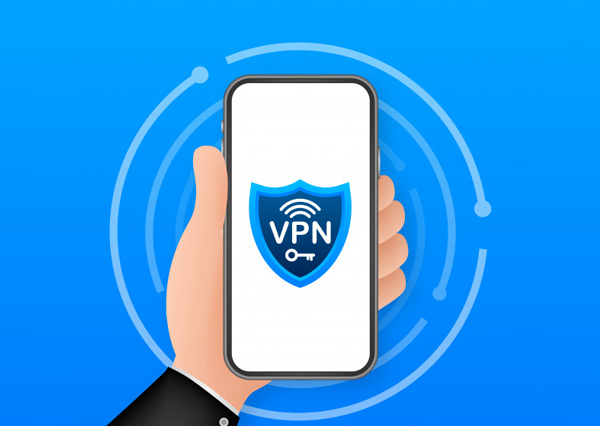
How many times do you succumb to the lure of the comfort that comes with sitting in your favorite coffee shop and doing some work in a casual setting? No one can deny it, but are you aware of the dangers that often come with the free Wi-Fi you can access there? For one, these connections are not exactly known for their security, especially if they are not even protected with a password.
To prevent someone from intercepting your login credentials or eavesdropping on your online conversations, don’t ever use these without having your VPN enabled. In a nutshell, a VPN is a handy tool that encrypts all your online traffic so that only you and the intended recipient can see it.
4. Auditing Active Sessions
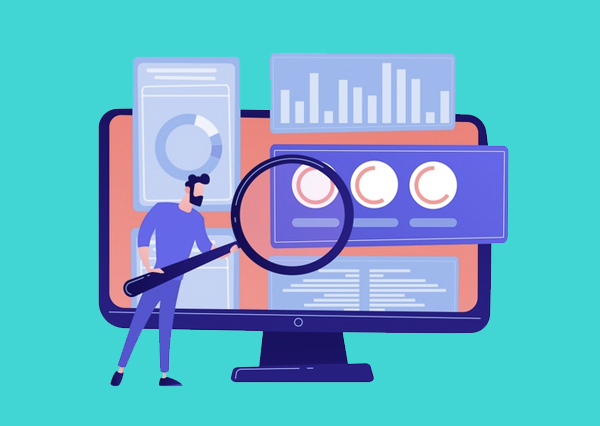
How often do you check what happens inside your online accounts? In other words, are you sure you’re the only one who uses them? The good news is that you will find built-in tools that will help you monitor the account activity.
For instance, your Google account allows you to monitor your account activity here. The same holds for Facebook. If you’re unsure whether someone else may be using your online account without your permission, you can revoke access to all of your sessions at once. In case you’ve noticed unknown devices accessing it, do not delay your response.
5. Cache Cleaners
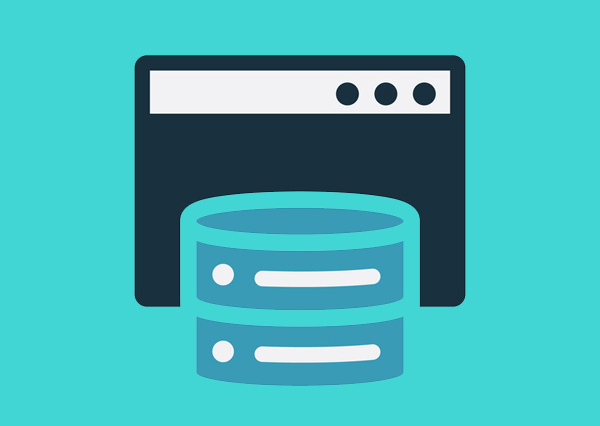
Have you ever wanted to know what your browser knows about you? It’s all there in the browser cache. It includes information about the websites you’ve visited, the searches you’ve made online, and it could even contain sensitive personal information like your home address.
Any modern browser comes with built-in tools that can help you clear it, and you can even choose what should be wiped and what gets to stay. For instance, you may clear all the cookies but opt to leave your browsing history intact.
Conclusion
Having a firm grasp on your online account security is important if you want to keep one step ahead of the ever-increasing threat of hackers. So keep your eyes peeled, apply what you’ve learned, and keep educating yourself on how tools such as these can help you on your way.

